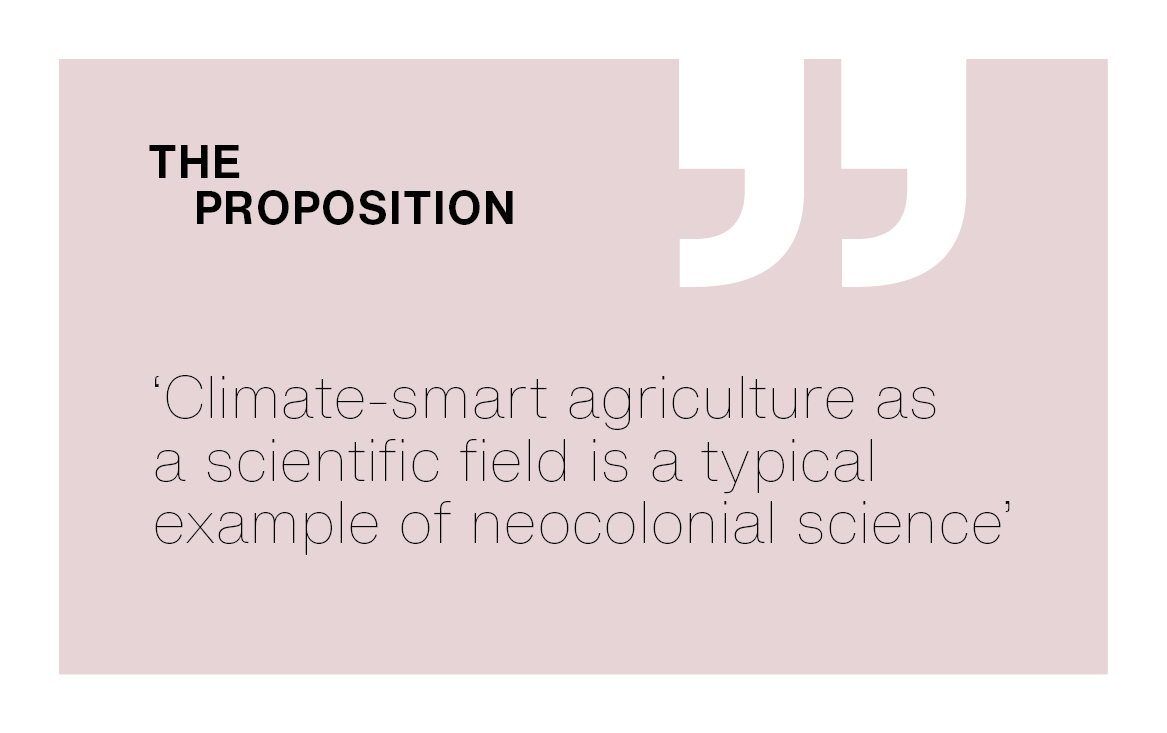Text Ning Fan
PhD students explain their most provocative statement. This time it’s Maria Rodriguez Barillas, who received her PhD on 19 December. Her thesis was about understanding farmer-system dynamics in the transition towards sustainable coffee production in Costa Rica.
‘In my PhD research, I’ve noticed that climate-smart agriculture as a scientific field is mainly influenced by actors from the Global North. That gives them disproportionate influence over the direction and priorities of the field. The voices of local farmers are often overlooked, even though they have generations of practical experience on their own land.
Consider the coffee sector as an example: valuable resources such as indigenous knowledge or traditional good agricultural practices are taken out of the local context and used without equitable cooperation or recognition. Despite its potential profitability, this approach risks disrupting the plantation systems that local farmers have relied on for generations. Are local farmers consulted in this decision-making process, and are the new technologies truly aligned with their needs?
New ideas and technologies are being tested without considering the willingness or understanding of these farmers. Why is some knowledge more “relevant” than other knowledge? Some perspectives, methods or solutions that align with the interests of certain dominant groups are prioritized to the detriment of the needs and knowledge of local communities. Is this a kind of neocolonial science? I think we should always consider the voice of local people when dealing with any scientific idea, research project or the introduction of commercial products. It is not only the voice of scientists that counts.’




